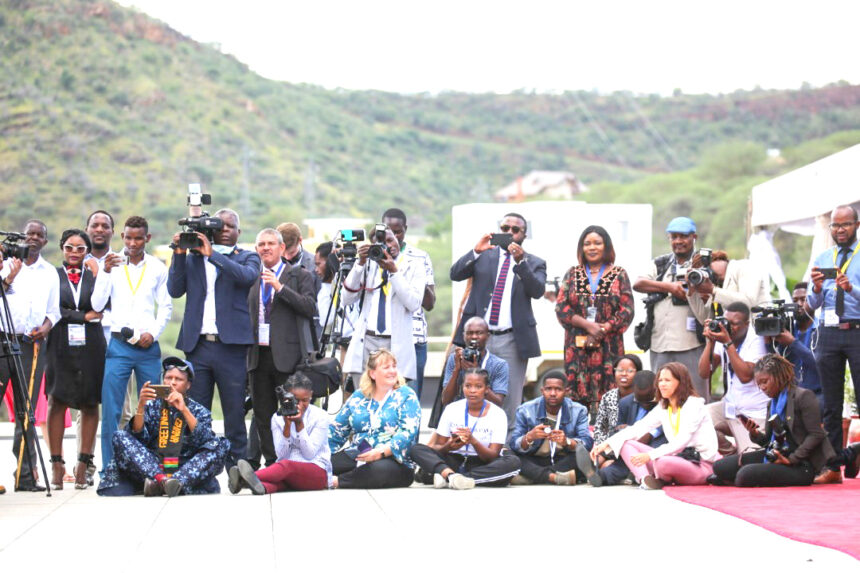The Electoral Commission of Namibia has said it will not give local journalists special voting options during the Presidential and National Assembly elections, set for 27 November.
This follows news reports that suggested that journalists, like members of the military or police force, and diaspora voters, be granted special voting rights.
In an interview with Nampa on Thursday, the ECN’s spokesperson De Wet Siluka confirmed that no special arrangements will be made for journalists.
Journalists who wish to vote will do so as ordinary voters, without any additional provisions or accommodations.
He said the ECN has given its assurance that there will be sufficient polling stations available to handle the voting needs of all citizens, including journalists.
“Journalists will be able to cast their votes, and perform their work on election day without facing undue inconvenience,” he said.
This decision has sparked a debate within the journalism community, with senior journalists saying they are prepared to manage the voting process alongside their professional duties, and that being present in the field allows them to gather valuable insights and perspectives from voters, enhancing the quality of their reporting on the election.
The younger journalists, on the other hand, are advocating for special arrangements to facilitate their dual responsibilities on election day.
“The commission’s stance remains that all voters, including journalists, will follow the same procedures, and utilise the available polling stations to exercise their democratic rights,” Siluka said.
-Nampa


